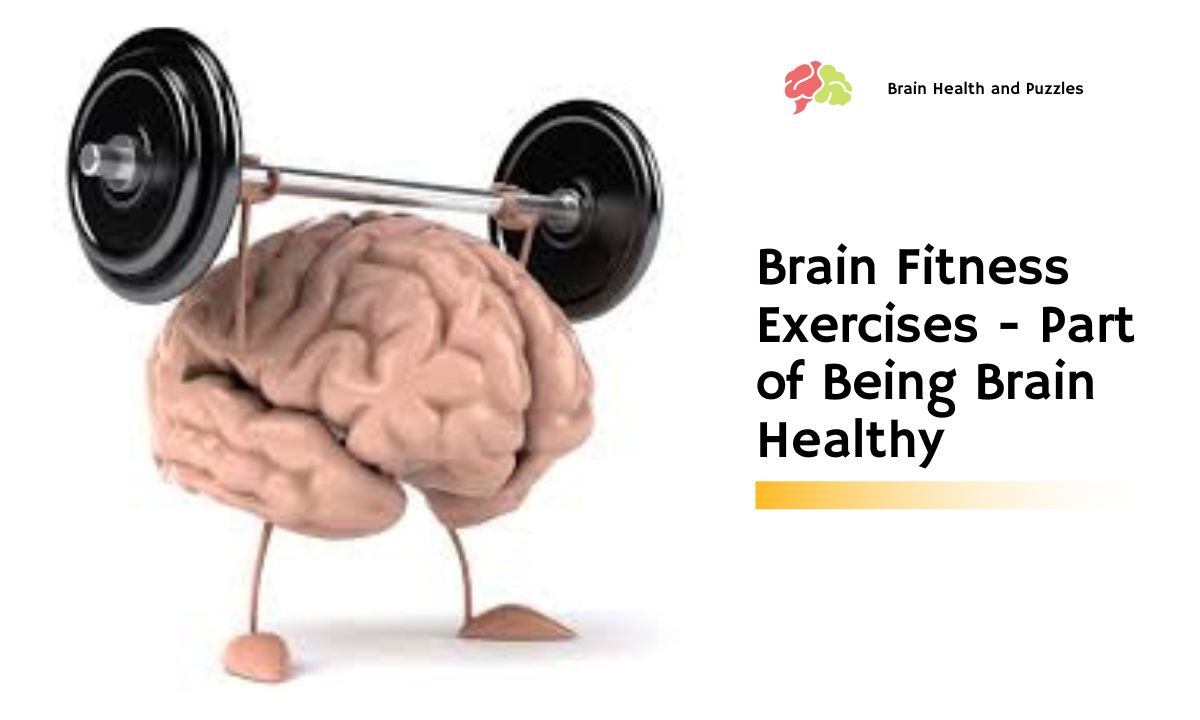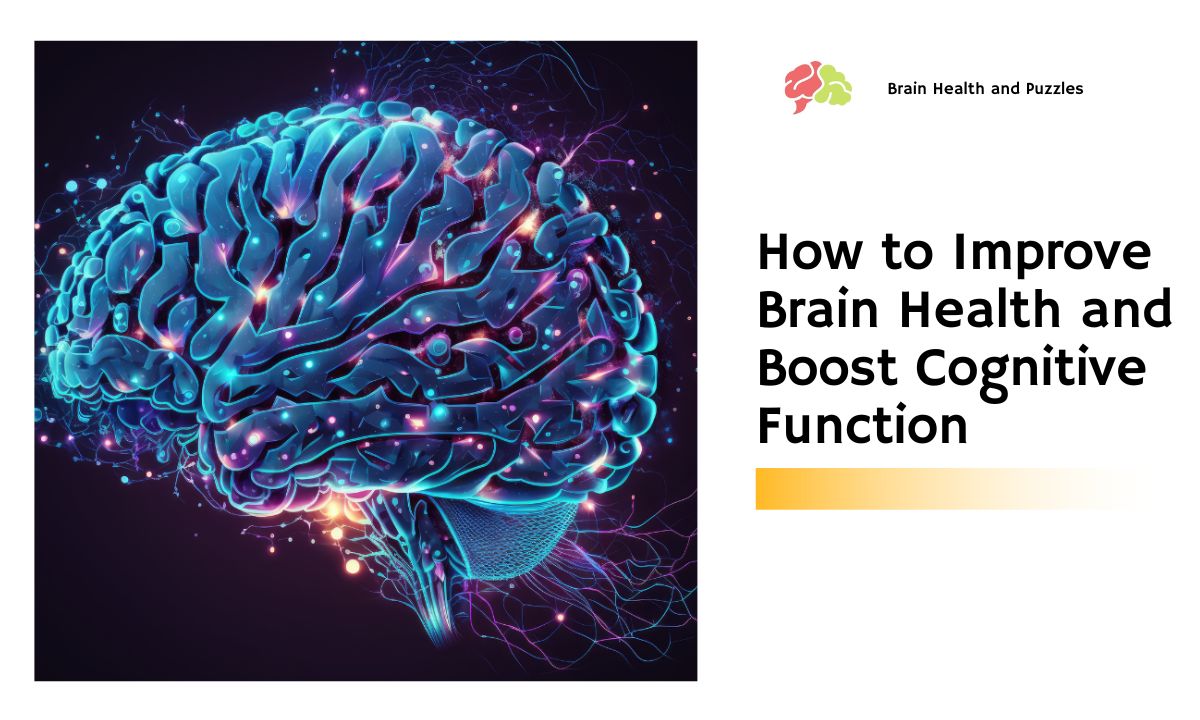Brain Fitness Exercises – Part of Being Brain Healthy

With the 2008 Summer Olympics in Beijing, and more recently with the Super Bowl, we were again reminded of the extraordinary feats of physical prowess that can be achieved through hard work, training, and exercise. We need to look no further than rippling, chiseled muscles to see that the human body can be dramatically changed through exercise.
Unfortunately, since our brains are tucked politely inside of our skulls, we do not get to see the remarkable changes that can occur when we do brain fitness exercises. Brain fitness exercises can be challenging, educational, and even fun. While they may not lead to bulging biceps, they do lead to mental health, strength, and stamina which can be just as impressive.
Brain Fitness Exercises and Dementia
It has been quite some time since the first news stories broke showing that brain fitness exercises can help reduce your risk for developing various dementias like Alzheimer’s disease. Since first making headlines in 2003, it has been shown time and again that if you use your brain, it stays healthier and longer.
While puzzles and brain teasers are great, any relatively complex mental task can give your brain a ‘workout.’ Researchers have found that activities such as learning and playing an instrument, playing board games, and even dancing reduced the risk of dementia. It seems that no matter what brain fitness exercise you choose to do—do it often!
Those that performed brain fitness exercises at least four times a week as opposed to once a week cut their risk of developing dementia in half. While brain fitness exercises are important in warding off Alzheimer’s disease, the elderly are not the only ones that can benefit.
Challenge Your Brain at Any Age
Sometimes we may feel so stressed with work or school that the last thing we want to do is to challenge our brains any more than they already are. If you feel this way, you have not found the brain fitness exercise that is right for you.
Try puzzles on the subway as you go to work. Sudoku is still one of the all-time great brain fitness exercises. When you go home at night, try reading instead of watching television—it is better for the brain. In fact, when was the last time you shut off the tube and played a board game with your family?
Not only does it bring the family closer, but you are exercising your brain at the same time. Think you can’t learn a new language? Have you tried it? While learning a language is easiest in the first few years of life, you can always add another language. Learn it with family and friends and then use it! Travel to a country where that language is the native tongue and refuse to use your own native language until you come home.
Exercise Your Brain and Body
While exercising improves the health of your body, it is also good for your brain. Physical exercise can reduce stress levels, promote brain plasticity, help grow new synaptic connections and help it resist toxic insults. Brain fitness exercises are not just solving puzzles or reading books; they can be riding a bicycle and taking a jog. Keeping your body healthy, at any age, is one of the best ways to keep your brain healthy. Brain fitness exercises can strengthen your brain as they strengthen your body.



